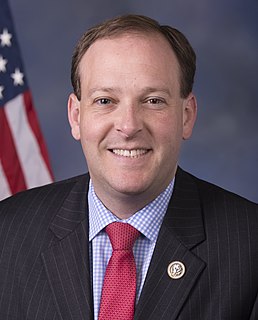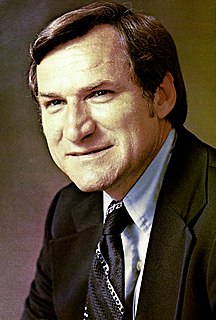A Quote by John C. Maxwell
A good leader encourages followers to tell him what he needs to know, not what he wants to hear.
Related Quotes
Often, in a given project team or network, one sees leadership roles shifting among various members at various times. Attempts to fit these into traditional views of "leader" and "follower" don't quite work. It's more like Twitter: the "leader" has "followers" - but the "followers" are empowered to alter the relationship unilaterally, and the "leader" must continually earn the consent of the "followers."
Whenever I hear about a child needing something, I ask myself, 'Is it what he needs or what he wants?' It isn't always easy to distinguish between the two. A child has many real needs which can and should be satisfied. His wants are a bottomless pit. He wants, for example, to sleep with his parents. He needs to be in his own bed. At Christmas he wants every toy advertised on television. He needs only one or two.
A good leader does not tell people to stand behind him. That position does not give anybody power but the leader. Today's politician isn't going to be the first marching to war, so why put that guy in front? Instead, a good leader tells people to stand beside him. That creates an invincible wall of people, and that's a force where everybody stands as a true equal.
Trust is perhaps the most critical single building block underlying effectiveness. Without trust leaders do not have followers. Without trust, leaders are impotent despite great rhetoric or splendid ideas. Trust rests on the belief among followers that the leader is transparent: What you see is what there is. Trust means followers believe there is no duplicity; no manipulation just to satisfy the leader's ego. Very simply: The effective leader is transparent; that's why that person is trusted.
Not many of us will be leaders; and even those who are leaders must also be followers much of the time. This is the crucial role. Followers judge leaders. Only if the leaders pass that test do they have any impact. The potential followers, if their judgment is poor, have judged themselves. If the leader takes his or her followers to the goal, to great achievements, it is because the followers were capable of that kind of response.
What makes a good follower? The single most important characteristic may well be a willingness to tell the truth. In a world of growing complexity leaders are increasingly dependent on their subordinates for good information, whether the leaders want to hear it or not. Followers who tell the truth and leaders who listen to it are an unbeatable combination.
I wanted to walk over there. I wanted to curl up beside him, lean against him, talk to him. I wanted to know what he was thinking. I wanted to tell him everything would be okay. And I wanted him to tell me the same thing. I didn't care if it was true or not- I just wanted to say it. To hear it, to feel his arms around me, hear the rumble of his words, that deep chuckle that made me pulse race




































